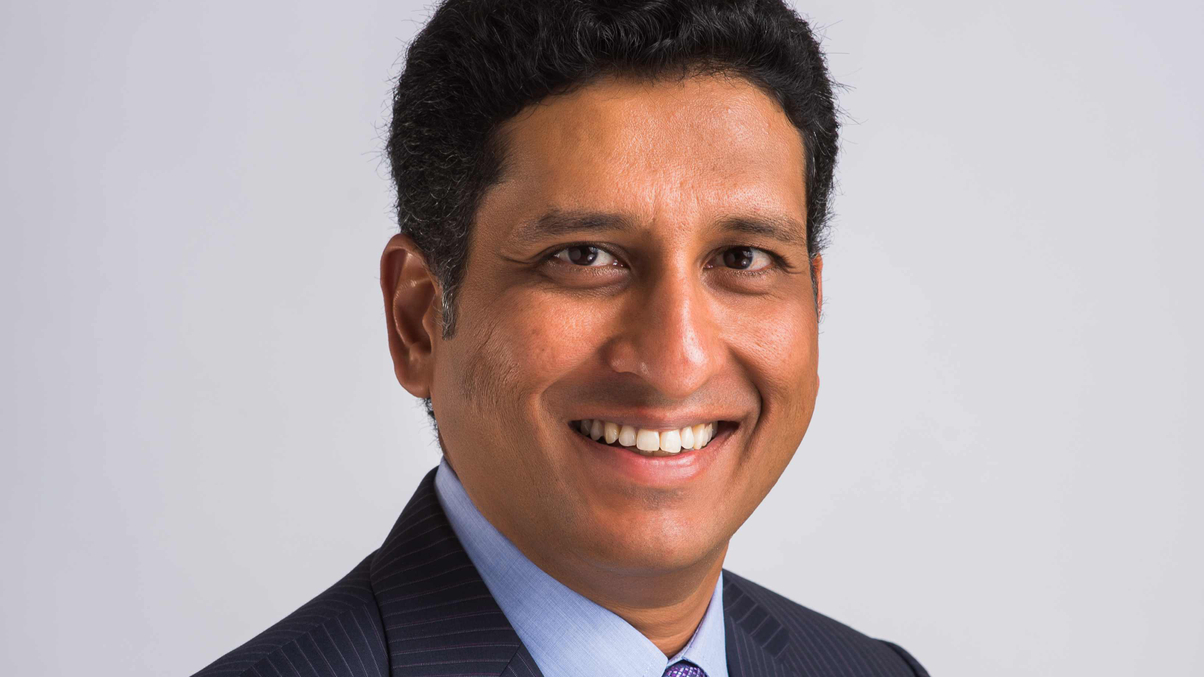DeAWM to relocate EM CIO in North Asia push
Deutsche Asset & Wealth Management will move an emerging-market investment team to Hong Kong from Europe, as it increases its focus on North Asian institutions.

As part of a revamp of its Asia team, Deutsche Asset and Wealth Management (DeAWM) will move its chief investment officer for emerging markets, Sean Taylor, to Hong Kong from London next April. The EM team will continue to be based in Frankfurt, but up to five staff will also transfer to Hong Kong.
Sign in to read on!
Registered users get 2 free articles in 30 days.
Subscribers have full unlimited access to AsianInvestor
Not signed up? New users get 2 free articles per month, plus a 7-day unlimited free trial.
¬ Haymarket Media Limited. All rights reserved.


